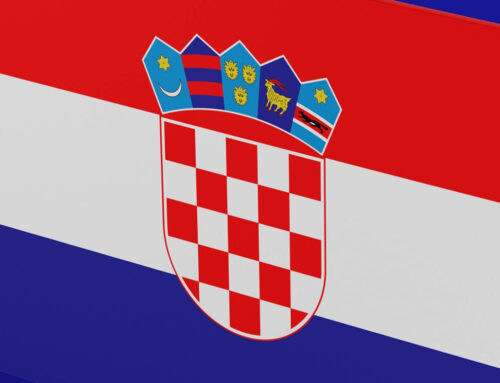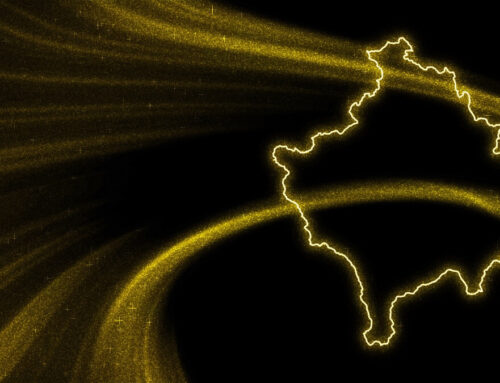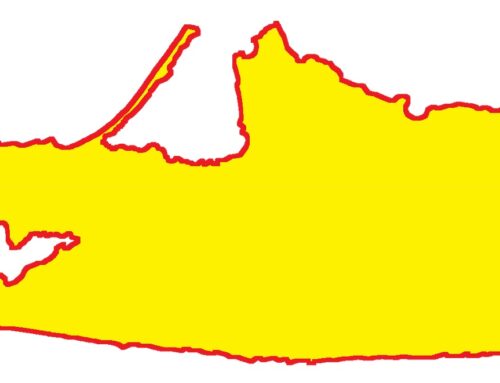On 22 October, the Polish Constitutional Court declared abortions unconstitutional in cases of severe fetal malformation, making one of the strictest rules in Europe even more restrictive and practically illegal the termination of pregnancy.
Shortly after the court decision, women took to the streets to protest against an absurd decision that makes them, basically, spectators of a verdict that the state could render in their lives. The first one to start the protest was the All-Poland Women’s Strike (Ogólnopolski Strajk Kobiet) to which were added men and youths, showing by the fact that abortion is not merely a woman right, but a human right and such a decision has consequences not only for women but for entire families. A symptom of the involvement of whole civic society is the letter, signed by almost 200 retired generals, published on the website onet.pl and addressed to the government in which they ask to take account of the will of “the majority of the public” to avoid “potentially tragic consequences” [1].
The protest has intensified, and the demonstration of 30 October in Warsaw will go down in history for its size, despite the Covid pandemic and its restrictions [2]. This was a peaceful uprising, without serious injuries and devastations, despite the demonstrators accused of heavy-handed police.
During these agitated days, not only did they demand the freedom and rights for women, but the dissidents accused the government of corruption, patronage, nationalism and buying the clergy.
It is no wonder in light of the way in which the government obtained the measure, with a process leading to this decision not at all transparent. Suffice it to say that 14 out of 15 judges of the Constitutional Court were picked by the Law and Justice Party (PiS), three of them chosen in a manner that violates Polish law [3]. In addition to this, after that the first proposals aimed to ban nearly all abortion in the country were stopped by the protests, in 2019, 119 members of Parliament (most of them from PiS) submitted a request to the Constitutional Tribunal asking to recognize the terminations of pregnancies due to fetal abnormalities illegal [4]. It means that the government reached its goal without the involvement of the Parliament, making the decision on abortion without legal validity, according to some [5].
This is a measure that the right-wing Law and Justice Party (PiS) has always wished for. In 2016 during an interview at the News Agency Pap, Jarosław Kaczyński, leader of the party, already declared “we will strive to ensure that even cases of very difficult pregnancies, when the child is certain to die, very deformed, still end up in a birth, so that the child can be baptized, buried, have a name” [6].
However, the problem is also strongly felt by the opposition faction. In 2016 groups of women organized the so-called “black Mondays” [7], against the abortion ban, to withdraw from the proposals.
For years, Polish women have been building a network to help women safely abort and prevent dangerous illegal abortion. An example of this female activism is «Abortion without borders»[7], an organization born with the aim of helping Polish women to find support, advice and access to safe abortion in the country or abroad.
After all these years of battles, women knew that the best way to win the war for their dignity and their lives is to remain united and, as Agata Passer wrote in Polityka, “as in war, we will support one another” [8]. And this seems to be working: the government has not yet implemented the judicial decision.
References:
[1] https://wiadomosci.gazeta.pl/wiadomosci/7,114883,26469072,apel-200-bylych-generalow-ostrzegaja-przed-rozlewem-krwi.html
[2] Matyna Bunda, Politika, “La gioia delle proteste travolge Varsavia”, Internazionale n.1383.
[3] https://apnews.com/article/virus-outbreak-poland-abortion-courts-europe-2f99633e9c504b302855ea9848037cb2
[4] https://notesfrompoland.com/2019/12/24/polish-mps-submit-request-for-constitutional-tribunal-to-restrict-abortion/
[5] https://apnews.com/article/virus-outbreak-poland-abortion-courts-europe-2f99633e9c504b302855ea9848037cb2
[6] https://apnews.com/article/88e1bc19304640cc9de08a8fc99f3f08
[7] https://www.bbc.com/news/world-europe-37540139
[8] https://agatapassent.blog.polityka.pl/2020/10/23/macica-na-emigracji/




